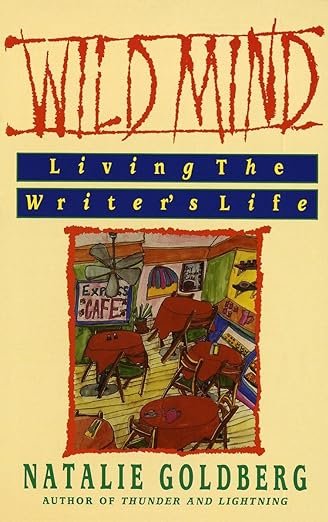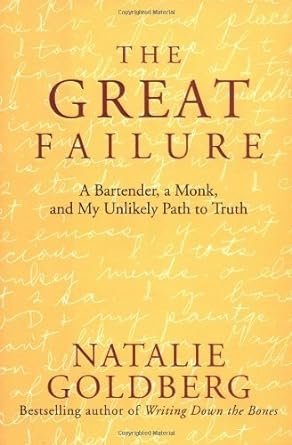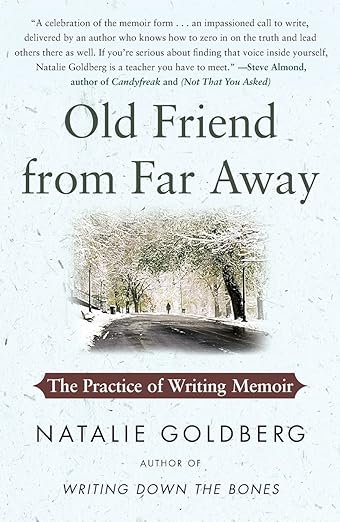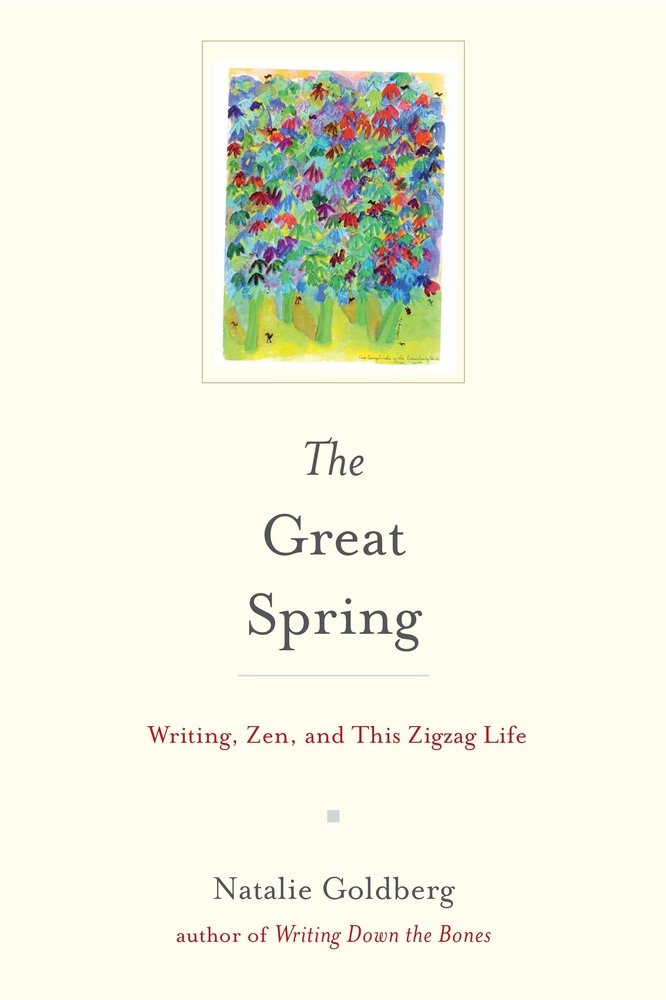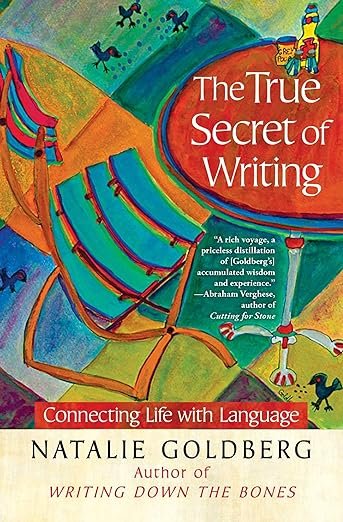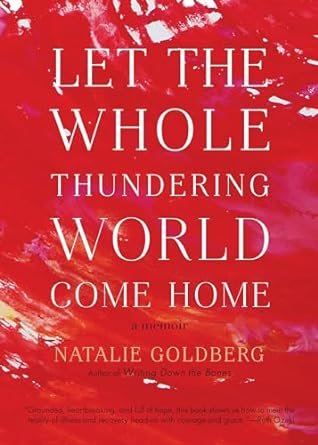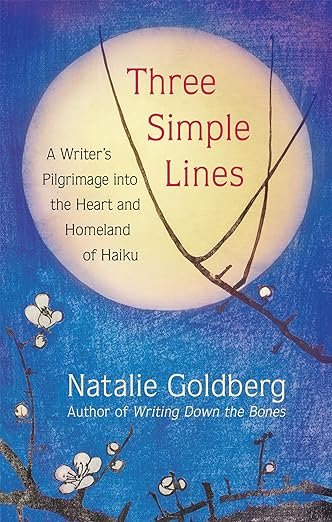Part Four: Go Find Your Stories
Unsplash Photo
This blog post is the final installment in a four-part series that explores the arc of my relationship with reading from childhood to the present. As I was responding to the theme of our most recent Women Rowing North Writing group, Our Relationship with Books, it occurred to me that the way my relationship with reading has evolved over time is as significant as the books I choose to read. My dispositions as a reader, like most of us, have been influenced by factors beyond my interests and passions. I examine where all this has shaped me as a reader and led me to where I am now here in this final entry of the series, Part Four.
In my last post, The Book Club, I highlighted some of my favorite reading memories as a teacher. They all happened to coincide with the proliferation of women’s book groups, thanks to Oprah and others. That period of my life still heavily influences my reading choices today: female authors, author studies, and a penchant for mysteries (especially the thrillers). That heyday of Book Groups with women friends came to a gentle close when I left the classroom and became a central office administrator in charge of curriculum, instruction, and assessment. For the next 17 years or so, administration in some form would be my role until my retirement.
For most of those years I read non-fiction that was related to my job. Some books were administrative team reads, some were books to read with new teachers, and many of the titles were used with my coaching groups in our schools. Between required reading to stay as “cutting edge” as possible, along with trying to stay ahead of the curve, my non-fiction library grew and grew. Fiction reading was relegated to vacations, and I would try to read a book during each of the prescribed school breaks, which usually included at least one week of summer reading. All in all, that was a paltry number of novels. I can’t remember the name of a single one. I do remember making sure I read another Natalie Goldberg title each summer. I never wanted to let the dream of writing die, and she has remained my all time guru since discovering her in the late 1980’s (I am thrilled she has a new book coming out this summer!).
I feel like I was reading, highlighting, taking notes, and summarizing during every free moment at work and then continuing the process evenings and weekends. It was critical that I could consolidate disparate texts on similar topics and synthesize and apply the content very quickly. That became my superpower, so whenever I tried to squeeze in a novel, I felt like I was cheating on work. Reading to improve my work skills did serve me well. Reading work-related nonfiction is highly recommended as a career booster. In 7 Ways Reading Helps Your Career, Rakesh Sharma shares the following list of the ways reading can boost your professional acumen:
Makes You a Better Leader
Improves Decision Making
Enhances Analytical Skills
Expands Vocabulary
Strengthens Writing Skills
Makes You Proactive
Reduces Stress
I would concur that my job-related nonfiction reading served me exactly in those ways, although I didn’t find it much of a stress reducer. Looking back, I was, like many of you, one of those people who was thinking about my work 24/7. There won’t be any pictures of beloved titles. They all just felt like work, even the ones that I couldn’t wait to discuss with colleagues or recommend at a subsequent meeting. Three years after my last day on the job in my last district, I am still weeding through bookcases full of those titles that pretty much no one (especially me) wants. The purge is real.
One thing I did continue to do through those years of work is buy books. As the dream of retirement came more into focus, the idea of slow days of reading all those novels I had been stocking up occupied most of my daydreams. I found a way to never abandon weekly trips to bookstores and every vacation away included searching out the bookstores and adding to my “someday” collection. I currently maintain more than one large bookcase, filled with To Be Read novels (gulp – did I actually just confess to that?) that are there for my pure reading joy. In those bookcases, I always try to leave space for new purchases to come off the random piles of books around the house and find a proper home in a bookcase.
The year before I left my job, COVID sidelined us all. From March to July, I worked from home like so many others. You’d think with greater control of my time, I could have gotten a jump start on reading some of those novels I had been hoarding for retirement. But like the Twilight Zone episode “Time Enough at Last” where bookworm Burgess Meredith can never find time to read until he’s alone in a post-apocalyptic world…and then breaks his glasses (it’s probably the best TZ episode ever), I couldn’t seem to focus enough to read! I actually started to be afraid I’d totally lost my focus, period. But after returning to work in July, thankfully routines that provided me with focus returned.
I left my job in June of 2021, and soon I would have stacks and stacks of books I’d finished all over the house. That summer I finally started reading all of Louise Penny’s books. A tiny book group with some of my dearest friends reformed over Zoom, and I read more. I had time for the beach and backyard lounging, and I read more. I found inspiration for titles from random book covers and blurbs as I browsed through my wonderful bookstore, Phoenix Books. Then in January of 2023 I joined Goodreads and set my first reading goal of 52 books. Although I already read a lot of books in that summer and fall, I still saw myself as the person who was probably reading five novels a year while I was working. A book a week seemed like a reasonable goal.
Back to my first retirement reading goal – I ended up reading 78 books (give or take) in 2022. So in January of 2023 I thought why not a goal of 100 books? And again I made my goal. I love keeping track of my reading on Goodreads. I have a wonderful memory for the past, but not so much for last week! You can follow along with my reading choices by checking out my Goodreads feed on my Resources page.
But I noticed something. I was choosing books, but not “finding stories.” I would finish one book, pick up another and just go, guns a-blazing. I didn’t really have time to think about the effect, savor the characters, plot, setting, comparisons to other books, author’s craft … the things I learned to love back in college as an English major. So this year my reading goal is back to 52 books because I am more intent on finding the stories that I think will really speak to me. I am loving books with protagonists who are close to my age, retired, searching, and finding meaning and purpose in their lives. Or women my age as narrators who are looking back, recalling major life events and how they still have an impact. Or I look for stories with protagonists who realize the clock is ticking, and they need to make the final act meaningful, sometimes scared and alone, but still determined. Those are my stories. I find characters like that from authors such as May Sarton, Elizabeth Berg, Ann Patchett, Elizabeth Strout, Alice Elliott Dark, Annie Lyons, Lore Segal, Shelby Van Pelt, Rachel Joyce, and even Fredrik Backman. Other stories that have me doing deep dives into the unknown like psychological thrillers and not-so-cozy mysteries also speak to me, along with novels that tell stories of the pandemic (I am working on a list of those to share). And, I also find stories that resonate with me in the book recommendations on Instagram from accounts like @heyjudereads, @sultanabun, @pearl_b_r, @agelesspossibilities, and @inthecommonhours.
Sometimes when people ask me what I do now that I am retired, I tell them I read books like my life depends on it. And that’s actually not too far from the truth. In Yale Study Finds Book Reading Can Add 2 Years to Your Life, the authors reported the following:
A study by Yale University found that people who read books live an average of 23 months longer than those who don’t.
The findings were based on data from the National Institute on Aging’s Health and Retirement Study, which repeatedly observed 3,635 subjects over the age of 50 for a 12-year period.
Participants who devoted more than 3.5 hours each week to book reading were 23 percent less likely to die than non-book readers and those who read up to 3.5 hours weekly were 17 percent less likely to die.
Subjects who read newspapers and magazines did not gain the “survival advantage” shown by book readers.
Although participants did not indicate the genre of books read, Yale researchers concluded that most were fiction based on a National Endowment for the Arts survey that found 87 percent of book readers choose fiction.
I have also written in this blog about my desire to preserve my brain, keeping my sharpness intact until I die. I don’t mean to sound morbid, I’m just being honest. And reading is an important tool in not only helping me add years to my life, but in making sure that time remains sharply in focus. Reading in retirement is part of my personal prescription for brain health. This plan is reinforced in Why You Should Read More Now You’re Retired. The article confirms that “reading more can help to reduce the likelihood of developing dementia:”
“Regular reading keeps your mind active, as it works your imagination and language skills. Depending on what you read, it can also help to support your problem-solving skills. Perhaps the most important way that reading sharpens your mind, however, is how it supports your memory. Reading helps the brain form new connections, and it can also help reduce beta-amyloid, which is involved in the development of Alzheimer’s. Therefore, one of the best reasons to read more in later life is to prevent cognitive decline and keep the mind sharp.”
Of course I do more to stay healthy and keep my brain sharp. Reading isn’t enough. And this is where the arc of my reading life is once again shifting into a new phase. In the here and now of my life, I want to learn to write better book reviews. I want to reincorporate more non-fiction into my reading life to learn new things and also to serve as research for writing, whether it be essays for my wonderful Women Rowing North writing group, or the blog, or some new venture in aging with purpose. I often read books through a memoirist lens (thank you Ally Berthiaume), and that bias continues to inspire me to go find more and more of my own stories as a writer. So at the end of the day as I look back on the origins of my arc as a reader up to now, I guess I would say the intersections of serendipity and intention will continue to fuel my varied goals as a reader. I do feel reading gives me a sense of purpose in my retirement. And as for where I’ll be as a reader in my seventies, eighties, or even my nineties…well, each and every day is “where your book begins…the rest is still unwritten.” Go find your stories, Linda.
It’s time! In honor of hanging in there with me, Readers, I would like to celebrate the one year anniversary of The Precious Days with a BOOK GIVEAWAY. Leave me a Comment below on Part Four, the finale of the series on my arc as a reader, and you will be entered in a BOOK GIVEAWAY for a brand new copy of Kristin Hannah’s The Women. Unfortunately, due to the cost of postage, I need to limit this BOOK GIVEAWAY to my subscribers in Canada and the US. If you are the winner, I will notify you be email, and an announcement will be made on next Friday’s blog.



